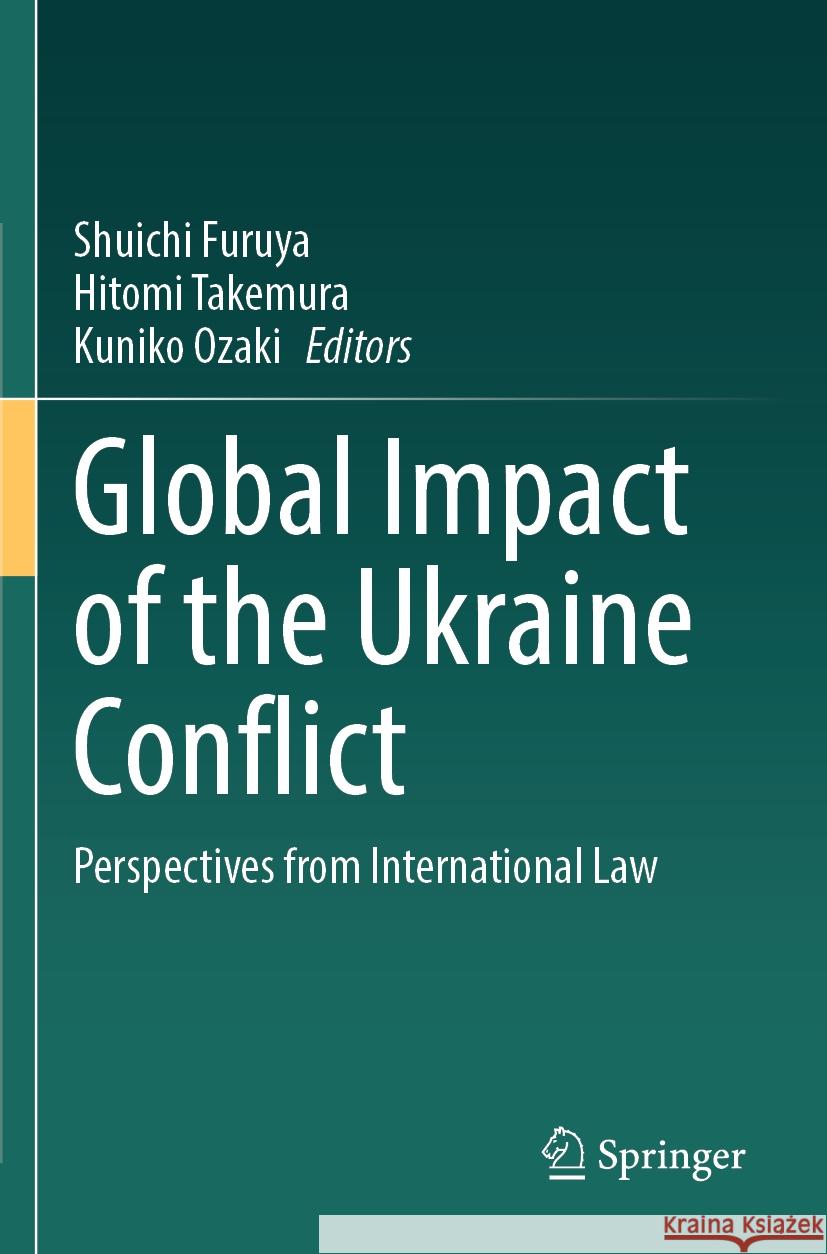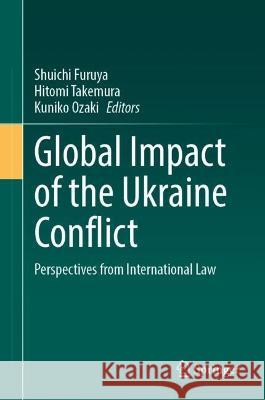topmenu
Wyniki wyszukiwania:
wyszukanych pozycji: 2
 |
Global Impact of the Ukraine Conflict: Perspectives from International Law
ISBN: 9789819943760 / Angielski / Miękka / 2025 / 508 str. Termin realizacji zamówienia: ok. 22 dni roboczych. The invasion of Ukraine by the Russian Federation and the subsequent military campaigns entail several classical aspects of armed conflict. First, it is a type of international armed conflict between two sovereign states that had been prevalent until the middle of the twentieth century but not in the last several decades. It is also a direct intervention by a superpower into a neighboring state with the former’s aspiration of territorial expansion. This action evokes a scheme of war reminiscent of the nineteenth or early twentieth century. At the same time, however, the invasion is...
The invasion of Ukraine by the Russian Federation and the subsequent military campaigns entail several classical aspects of armed conflict. First, it ...
|
cena:
642,56 |
 |
Global Impact of the Ukraine Conflict: Perspectives from International Law
ISBN: 9789819943739 / Angielski Termin realizacji zamówienia: ok. 22 dni roboczych. |
cena:
642,56 |










